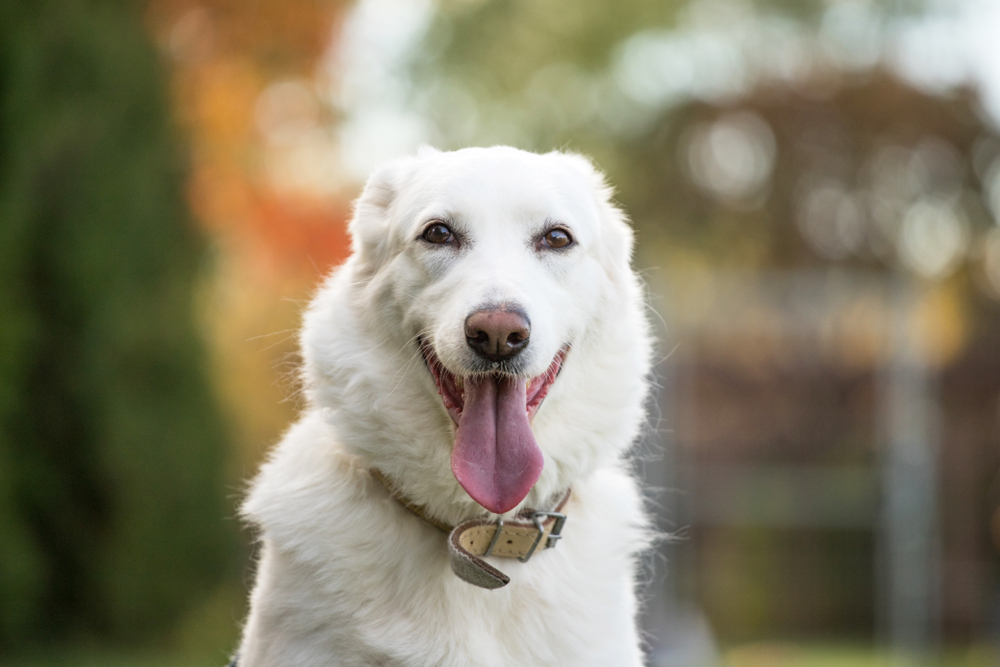
The Foundation for Veterinary Dentistry stresses the dangers of dental disease in dogs. Studies confirm the connection between oral health and physical health. This makes caring for your dog’s teeth and gums a top priority. Knowing the warning signs, treatments, and preventive measures for dental disease in dogs can help improve your furry companion’s dental and general health. Here are the details.
The Warning Signs
Dental problems are common in dogs. That is why caring for your fur kid’s teeth and gums is important. Doing so can improve your dog’s quality of life. Studies show that at two years of age, about 80 percent of dogs develop signs of dental disease.
The sticky layer of plaque can harden into tartar. If you do not have the tartar removed, gingivitis will develop. This can be a painful condition that could lead to periodontal disease, tooth loss, and infections in your dog’s body. Here are the warning signs of dental disease in dogs:
Dribbling.
Bad breath.
Brown or yellow tartar.
Sore mouth.
Bleeding gums.
Difficulty eating.
Rubbing or pawing the mouth.
Loose teeth.
Tooth loss.
The Treatment
Different factors can impact the dental treatment that your vet can provide. This treatment will need pre-anesthesia blood work. This is an important step in confirming if your dog is well enough for anesthesia medications. Once your dog is cleared to have dental treatment, the vet will prepare the IV fluids and IV catheter.
Your vet will order complete dental X-rays to see the level of health in your dog’s gums and teeth. Maintaining warm air in the treatment room will keep your dog warm while under anesthesia. Once the anesthetic takes effect, your vet will intubate your dog to deliver the inhaled anesthetic and oxygen. Scaling and polishing of the affected teeth will follow. Washing the gum area will come next.
If your dog needs extractions, your vet will inject the affected tooth and its surrounding gums with a local anesthetic. When it takes effect, your vet will extract the tooth. Keeping an eye on the anesthesia will continue. Your vet will give your dog pain medications during and after the dental treatment.
The Prevention
Dental disease in dogs is a preventable condition. Early detection of this disease can lead to its early treatment. It may also provide a way for its reversal. Preventing dental disease in dogs is possible by being a proactive dog parent. Regular dental appointments can help maintain your dog’s oral health. They can help your vet spot and treat the problem areas before they worsen.
Bring your pup to the vet every six months for oral assessment. You can then ask any questions you may have about at-home care. Your vet can tell you how often your dog should have professional teeth cleanings.
You can brush your dog’s teeth every day. This can prevent plaque and tartar from developing. There are dog food brands, chew toys, and dental chews that can help hold back tartar and dental disease. Dry dog food can scrape off plaque and food particles. For dogs with gingivitis, there are dog food brands that can clean their teeth better.
Being aware of the warning signs, treatment, and prevention of canine dental disease can help give your dog a better quality of life. At Community Pet Outreach, we help pet parents understand and participate in maintaining or improving the health of their pets. Please visit our facility in Lewisville, Texas, for an in-person consultation. Call 972-848-8930 to set an appointment or inquire about our dental disease treatments and preventives for dogs.
For emergencies beyond our hours of operation, you can call any of the following facilities:
972-323-1310 (North Texas Emergency Pet Clinic - Carrollton, Texas)
972-994-9110 (Emergency Animal Clinic - LBJ/Greenville Ave. -Dallas, Texas)
214-520-8388 (Emergency Animal Clinic - Uptown, Dallas, Texas)
940-271-1200 (Denton County Animal Emergency Room - Denton, Texas)
817-571-2088 (Airport Freeway Animal Emergency Hospital - Euless, Texas)
469-464-2964 (Flower Mound Emergency Pet Clinic - Flower Mound, Texas)
817-410-2273 (Animal Emergency Hospital of North Texas - Grapevine, Texas)
972-438-7113 (VCA Metroplex Animal Hospital – Irving, Texas)
972-226-3377 (Lake Ray Hubbard Emergency Pet - Mesquite, Texas)
972-479-9110 (Emergence Animal Clinic - Bush Turnpike/Central, Richardson, Texas)





